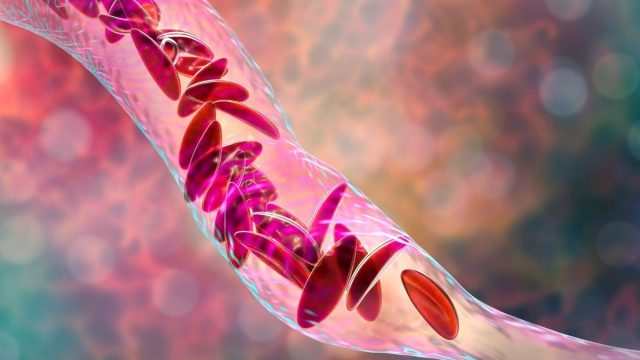In recent study, 25 of 55 controlled ovarian hyperstimulation cycles had complications
By Elana Gotkine HealthDay Reporter
THURSDAY, Nov. 14, 2024 (HealthDay News) — Many individuals with sickle cell anemia undergoing controlled ovarian hyperstimulation (COH) with oocyte cryopreservation (OC) have complications, according to a study scheduled for presentation at the annual meeting of the American Society of Hematology, to be held from Dec. 9 to 12 in San Diego.
Marti Goldenberg, D.O., from Johns Hopkins Hospital in Baltimore, and colleagues described clinical factors associated with oocyte recovery and COH complications in sickle cell anemia in a five-center retrospective study. Participants had sickle cell disease and an attempt at OC; all 46 participants had sickle cell anemia.
The researchers found that 44 of the participants underwent fertility preservation before curative therapy; one had diminished ovarian reserve, and one had in vitro fertilization with preimplantation genetic testing. Insurance was private, public, self-pay, or research protocol (15, nine, six, or 15, respectively). The median number of acute care visits for pain was four in the year before OC. Overall, there were 55 COH cycles, which were performed in ambulatory or operating room settings (33 and 18, respectively). Thirty-six individuals underwent one COH cycle. Due to poor ovarian response, three cycles were canceled. Six participants required multiple cycles for low oocyte yield or cycle cancellation (five and one, respectively). Complications occurred in 25 cycles; 11 individuals had more than one complication. There was an association for any OC complication with three or more vasculo-occlusive episodes (VOE) in the year prior to COH.
“Complications were common and ≥3 VOE in the year before COH predicted pain following COH, underscoring the need for individualized pain plans before COH,” the authors write.
One author disclosed ties to the pharmaceutical industry.
Copyright © 2024 HealthDay. All rights reserved.



















